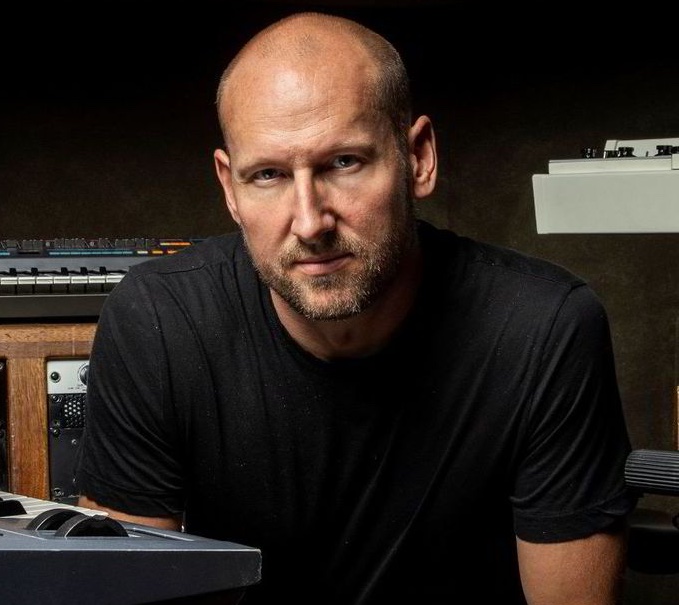Tor Hermansen Mentor Session 2023
Tor Hermansen's talk provides a wealth of insights and advice for aspiring artists and producers. Hermansen emphasizes the importance of fitness and maintaining a healthy lifestyle, especially for those in the demanding field of music production. He reflects on his own journey, discussing how he would have approached his 20s differently by focusing more on fitness and less on partying.
Hermansen's journey from a small town in Norway to becoming a successful producer is particularly inspiring. He shares his early experiences, such as working as a journalist and photographer to fund his music equipment, and his strategic approach to entering the music industry. He highlights the importance of finding collaborative partners who share similar goals and complement each other's skills, a principle he applied in his partnership with Mikhail.
He also discusses the significance of adopting a professional mindset, emphasizing the need to show up, be prepared, and commit to one's craft. Hermansen touches on various aspects of the music industry, including managing relationships, dealing with setbacks, and navigating the complexities of teamwork and partnerships.
His advice extends beyond technical skills, delving into personal development, mental health, and the importance of surrounding oneself with supportive people. He encourages a focus on the present, mastering one's technique, and not being afraid to seek help or confront fears.
Hermansen's narrative is filled with practical wisdom, personal anecdotes, and motivational guidance, offering valuable lessons not only for those in the music industry but for anyone pursuing a creative career
.png)
